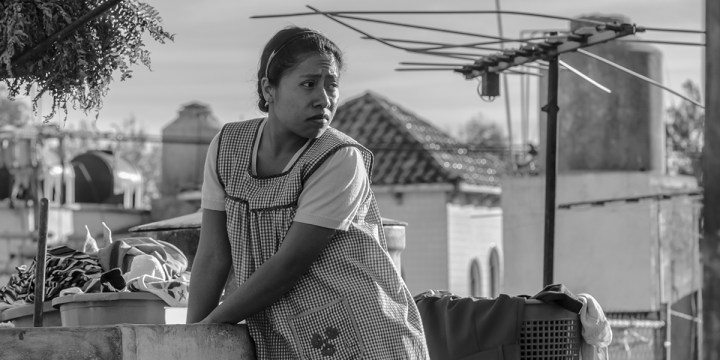From Alfonso Cuarón to María Félix: Latin American Movies Playing at New York Film Festival

'Roma' courtesy of TIFF
In a city that is not wanting for film festivals, the New York Film Festival stands out by being a cinephile’s dream. Often boasting award-winning titles from Cannes, Venice, and Toronto, its 30-film main slate is the kind that makes you want to spend endless days cooped up in an Upper West Side movie theater. This year is no exception. For starters, its centerpiece film is the Golden Lion-winning Roma. Alfonso Cuarón’s drama may have had to skip Cannes given that it’s a Netflix release, but it charmed its way to win the big prize at the Venice Film Festival and after a brief stop at the Toronto Film Festival, his black-and-white period drama will wow audiences in the Big Apple.
But Cuarón is not the only Latin American filmmaker showing his work at this year’s NYFF. Sure, the list below may not be as expansive as the one at Sundance earlier this year or as diverse as this year’s Toronto Film Fest slate, but when you learn one of these is 807 minutes long (that’s over 13 hours!) and that the fest will be showing a classic Mexican drama as well as a 1964 Soviet-Cuban co-production, you realize there’s actually plenty of Latin American fare to enjoy. Plus, there’s Barry Jenkins’ follow up to Moonlight that features performances from Diego Luna, Pedro Pascal, and US-born Latina Emily Rios.
The New York Film Festival runs September 28 – October 14, 2018.